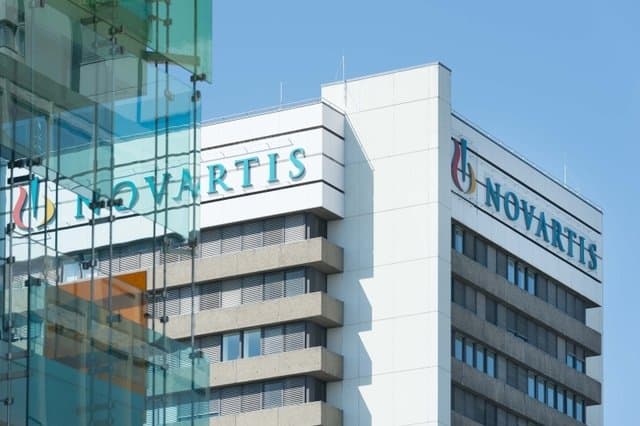Novartis is culling an eye disease asset but has got an FDA approval date for its troubled The Medicines Company heart drug, while also sending off for review its Bosulif-rivalling blood cancer hopeful.
First up is the ditching of ECF843, which was culled for moderate-severe dry eye disease (DED) as phase 2 data were “not supportive,” according to analysts at Jefferies, with Novartis saying the program was “discontinued in broad population of moderate to severe DED.”
The drug, which works as a recombinant form of human lubricin , was licensed out from U.S. biopharma Lubris in 2017 for “ophthalmic indications worldwide” (outside Europe), though its focus was on dry eye disease. Financials of that deal were not disclosed, nor with this latest update whether other eye conditions for the drug were still being pursued.
Novartis also said that its heart drug Leqvio (inclisiran), which got a shock complete response letter from the FDA after manufacturing concerns, has after resubmission been given a PDUFA for Jan. 1, 2022. The drug is approved in Europe and is the centerpiece of Novartis’ $9.7 billion acquisition of The Medicines Company, and is expected to bring in around $2 billion a year at peak.
It added that the FDA “did not raise any concerns related to the efficacy or safety of inclisiran.”
The Big Pharma has as well sent off its blood cancer hopeful asciminib to the FDA, as it seeks a license for adults with Philadelphia chromosome-positive chronic myeloid leukemia (CML) in chronic phase, previously treated with two or more tyrosine kinase inhibitors, as well as those patients harboring the T315I mutation.
The drug works as a STAMP inhibitor and got a breakthrough tag earlier this year, with data from last year’s ASH showing the med in a phase 3 test nearly doubled the major molecular response (MMR) rate compared to Pfizer’s Bosulif (bosutinib) in certain CML patients.
Net sales for the Swiss major hit $13 billion, up 9% in constant exchange rates for the second quarter.

